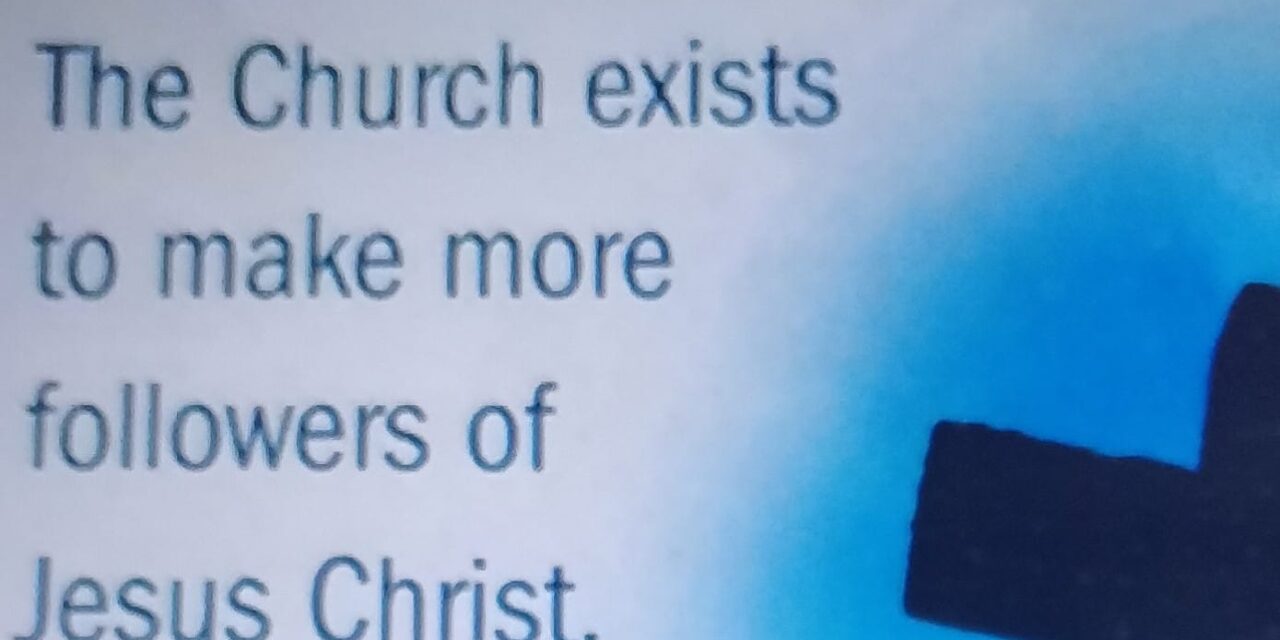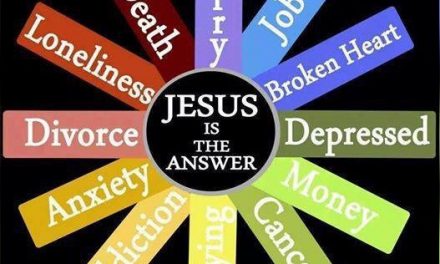When Simon saw that the Spirit was given at the laying on of the apostles’ hands, he offered them money and said, “Give me also this ability so that everyone on whom I lay my hands may receive the Holy Spirit.” Peter answered: “May your money perish with you, because you thought you could buy the gift of God with money! You have no part or share in this ministry, because your heart is not right before God. Repent of this wickedness and pray to the Lord in the hope that he may forgive you for having such a thought in your heart. For I see that you are full of bitterness and captive to sin.” Then Simon answered, “Pray to the Lord for me so that nothing you have said may happen to me” – Acts 8:18-24
The culture of simony is the lifestyle, leadership, and religion that makes pride and profits out of sacred things in the name of evangelism. The Catholic dictionary defines simony as ‘a sacrilege that consists in buying and selling what is spiritual in return for what is temporal. In simony the person tries to equate (position or) material things, such as money, with spiritual things, such as divine grace, and treats the latter as though he or some other human being had full ownership of what really belongs to God.’ A culture of simony points to the hearts of people not right with God. There are many Simons today who want to serve God with the gift of the Holy Spirit and power, as well as authority to pass on the gift, for selfish and ungodly reasons and purposes. Many today are in church leadership positions, still ‘in the bond of iniquity’ that are rejected by God because their hearts are not right with God. The truth is that, the genuine gift of the Holy Spirit is given only on those ‘that fears Him, and works righteousness’ (Acts 10:35, 44-48).
Simon the sorcerer liked what he saw just as many like to work and do evangelism today in God’s name. Simon was not fixed on Christ; he was fixed on the miracles and signs he was seeing. He did not covet a deeper walk with Christ; he coveted the powers of those who did have the surrendered walk in Christ. He coveted what he could gain if he could acquire such power. The truth is that without evangelism, no church growth or health are even possible. For a church to grow and be healthy, the good news must get passed on so that more and more people join the church of Jesus Christ. This process is described as evangelism.
Let us reflect on the evangelism styles of Simon and that of Peter. Peter’s evangelism is based on his encounter with the Saviour, Jesus Christ and his empowerment by the Holy Spirit. In Acts 2, the Holy Spirit comes at Pentecost, a symbol for the church and the beginning of God’s spiritual harvest of souls in the world, people coming to know Jesus personally. Peter’s Pentecost sermon contains a good pattern of communicating the gospel – the good news of forgiveness, new life and an eternal relationship with God ONLY through faith in Jesus Christ. The lesson here is that, you cannot give what you don’t have. Simon’s evangelism based on seeking to purchase from Peter the spiritual power derived from the imposition of hands and the invocation of the Holy Spirit reminds us that effective evangelism is first personal before corporate. Simon’s evangelism ‘includes both agreements that are illicit by divine law and those which the law of the Church forbids as greater protection and reverence for spiritual goods.’ In essence, Simon’s evangelism that promises salvation or prayer in exchange for good works or ‘for a certain sum of money is … forbidden by divine (natural) law.’ The warning is that, ‘to confer sacred orders or obtain some position of authority in the Church in return for money or its equivalent is simony forbidden by ecclesiastical law. When simony is against the divine law, it is always a grave sin. Its gravity in other cases depends on the serious nature of what is bought or sold, and on the degree of scandal given.’
The warning for us today is that, Simony refers to the desire to have the life Christ promises without the surrender of all of life to Him (Jn 14:6). Evangelism in the culture of simony ‘alerts us to the danger believing in Christ but being unwilling to surrender to Him.’ The question is why do you want the power of the Holy Spirit? Why are you in that position and why do you want position in the church? Remember, ‘Simon wanted the power of the Holy Spirit to add to his bag of tricks; so much so that he foolishly offered to pay money for it.’ The truth is that Simon did not really desire the Holy Spirit for himself, but ‘the ability to impart the power of the Holy Spirit to others at his will.’ What are you foolishly doing and offering to keep your position without your personal encounter with Jesus Christ? Whatever Simon had, including the ‘spiritual authority,’ it was from Satan, to control the working of the Spirit. Today are we regarding and seeking the Holy Spirit as a power we could use as we want instead of a Person who rules us? According to Peter, Christian position without faith in Christ is the foolishness of the highest order. Peter told Simon the truth in love, though it was hard for Simon and those standing by to hear it.
Are you like Simon with outward observation and evidences of conversion, expressing belief in preaching of the Gospel, a church member, or even a leader? (Acts 8:13). The bottom line is that, Simon’s heart was not right with God. He was not sincere in his faith. Are you like Simon, giving an outward display of faith and leadership because it is the “right” thing to do on the eyes of others, but in the secret place of your heart, you fail to submit to Jesus Christ? Repent today like Simon.











Recent Comments